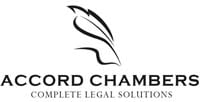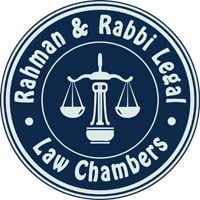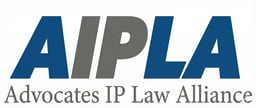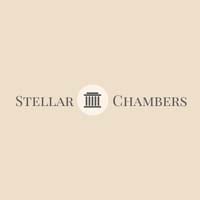
Bangladesh
Kanzleien im Spotlight

Rahman & Rabbi Legal
Rahman & Rabbi Legal is headed by Md. Monzur Rabbi, Barrister and a Fulbright Scholar on International Arbitration. Rahman & Rabbi Legal delivers timely and cost-effective solutions in contracts and t

Doulah & Doulah
D&D is a leading law firm in Bangladesh under registration number 27074. Established in 1965 the firm stands as one of the largest and most experienced law firms in Bangladesh representing the world’s

TANJIB ALAM & ASSOCIATES
Tanjib Alam and Associates is a leading law firm in Bangladesh for commercial arbitration, merger and acquisition, energy project, telecommunication, private equity, loan syndication, foreign direct i

The Law Counsel
Established in 1990, ‘The Law Counsel’ is an international law firm based in Bangladesh which is widely recognised as one of the leading firms in the country. It was founded by Mr Abdur Razzaq, curren








